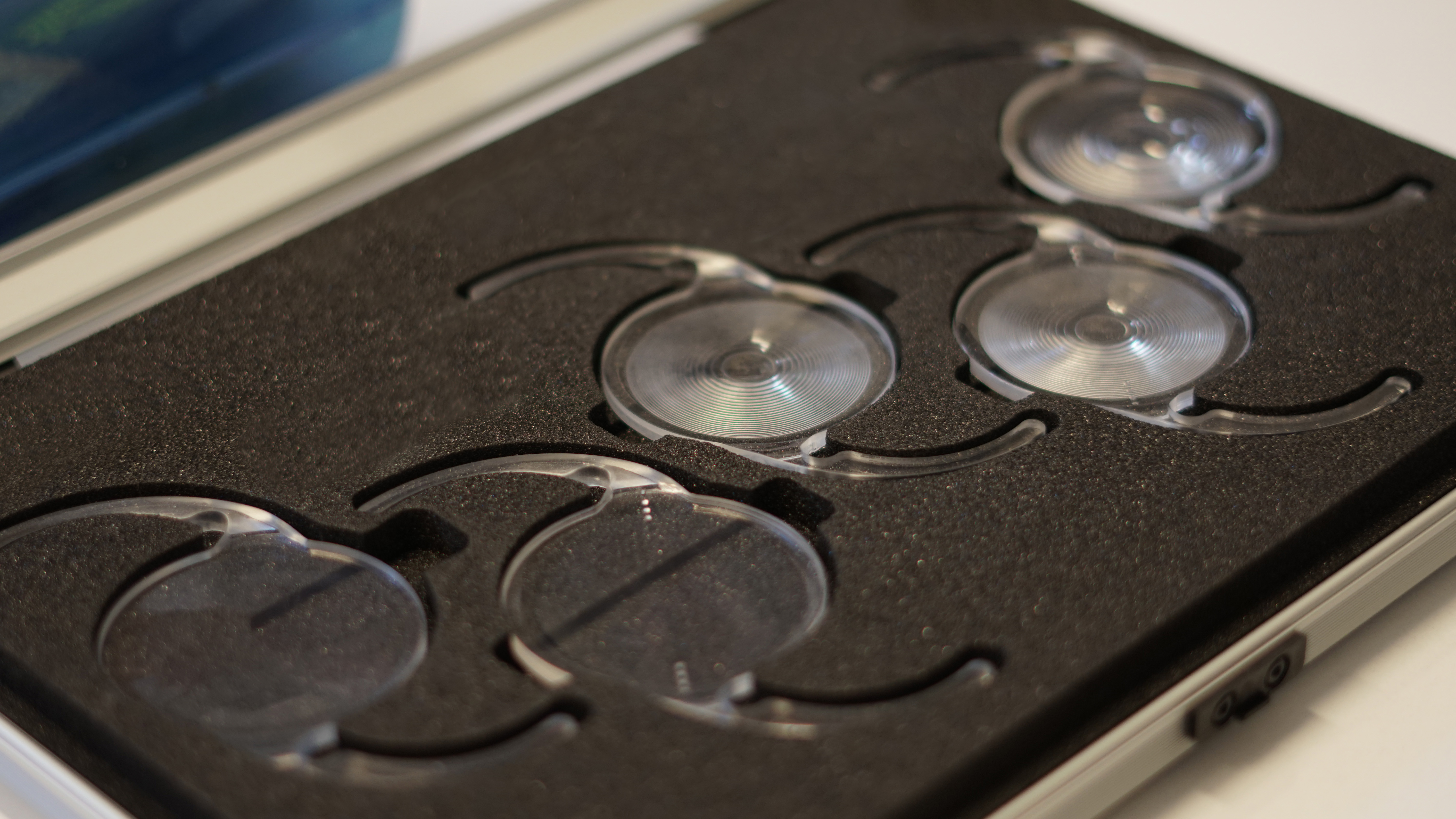
A cataract is a condition where the natural lens inside the eye becomes cloudy, affecting vision. Cataract surgery involves the removal of this cloudy lens and replacing it with an artificial lens, known as an intraocular lens (IOL). While the surgical aspect of cataract removal is standardized, the selection of the appropriate IOL is crucial.
What is an Intraocular Lens (IOL)?
Since the mid-twentieth century, these tiny, transparent, artificial lenses have been used to restore vision after cataract surgery. The IOL takes over the light-focusing function that the natural lens used to perform. It stays permanently in your eye, requiring no maintenance, and most patients are not even aware of its presence.
The incredible evolution of IOL technology now gives patients a wide range of options. There is no 'one-size-fits-all' solution. Each type of IOL has its own set of advantages and disadvantages, and choosing the right intraocular lens (IOL) can significantly affect your quality of life after surgery.
Types of Intraocular Lens (IOL) Available for Cataract Surgery
There are several types of intraocular lens (IOL) available for cataract surgery. The most common ones are monofocal, multifocal, and accommodating IOLs. Monofocal IOLs have a single focus point and provide clear vision at one distance. They are an excellent choice for people who don't mind wearing glasses for near or intermediate tasks.
Multifocal IOLs, on the other hand, have multiple focus points and can provide clear vision at various distances. They are an ideal choice for people who want to be less dependent on glasses after surgery. However, they may cause some visual disturbances, like halos or glare, especially at night.
Accommodating IOLs can change focus, much like the natural lens of the eye. They provide excellent distance and intermediate vision but may require reading glasses for close work.
There is also a new class of IOLs, known as toric IOLs, specially designed for people with astigmatism. They can correct both the cataract and the astigmatism in one procedure.
Factors to Consider When Choosing the Right Intraocular Lens (IOL)
Choosing the right intraocular lens (IOL) is a critical aspect of cataract surgery. Several factors influence this decision, including your lifestyle, visual needs, and health status. First and foremost, you need to consider your day-to-day activities. Do you enjoy reading or doing close work? Or do you spend more time outdoors? Your hobbies and profession can influence the type of IOL that would be best for you.
Another crucial factor is your visual goals. Some people want to be completely free of glasses after surgery, while others don't mind wearing glasses for certain tasks. You also need to consider your health status. Certain medical conditions, such as diabetes or macular degeneration, may affect the choice of IOL.
Lastly, financial considerations may also play a part in your decision. Some advanced types of IOLs may not be fully covered by insurance and could require an out-of-pocket expense. It's important to discuss these factors thoroughly with your eye doctor to make an informed decision.
The Role of an Eye Doctor
The role of an eye doctor is essential to cataract surgery. The doctor will evaluate your eye health, understand your visual needs, and explain the pros and cons of different IOL options. Through a comprehensive eye examination, they assess your eye's health and your visual acuity. They also measure the size and shape of your eye to determine the power of the IOL needed.
Eye doctors take into account your lifestyle and visual goals. They use their expertise and experience to recommend the type of IOL that would be best suited for you. They also discuss the potential risks and complications associated with each type of lens, helping you weigh the benefits against the potential downsides.
Ultimately, the decision is yours. But having a trusted eye doctor to guide you through the process can make the decision-making process much easier and less stressful.
Maximizing the Success of Your Cataract Surgery
Choosing the right intraocular lens (IOL) is a crucial decision that can significantly improve your quality of life after cataract surgery. It requires careful consideration of numerous factors, including your lifestyle, visual goals, health status, and financial considerations. Your eye doctor plays a crucial role in guiding you through this process. They assess your eye health, understand your visual needs, and recommend the best type of IOL for you.
To learn more on choosing the right intraocular lens for your cataract surgery, consult our professionals at East Vancouver Eye in our Vancouver, Washington office. Call (360) 449-3937 to schedule an appointment today.







